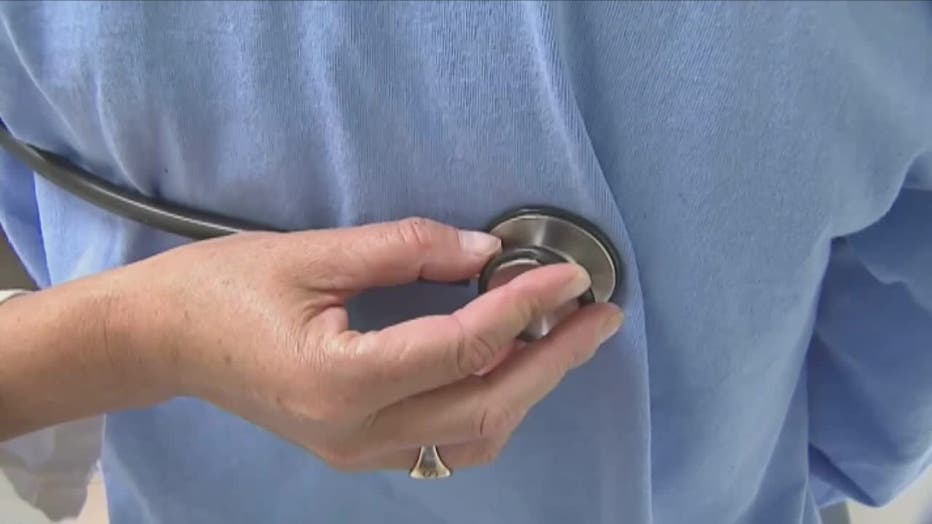MILWAUKEE – An increase in severe hepatitis cases in children has Wisconsin health officials on alert.
The Wisconsin Department of Health Services is investigating at least four cases in children, including one who needed a liver transplant and one who died. The four children also tested positive for adenovirus, according to DHS.
“Hepatitis can be very severe,” said Dr. Greg DeMuri, a professor in the University of Wisconsin School of Medicine and Public Health. He specializes in pediatric infectious diseases. “Hepatitis is a liver infection, or inflammation of the liver, and most commonly that’s caused by a virus.”
SIGN UP TODAY: Get daily headlines, breaking news emails from FOX6 News
That, doctors know. What they don’t know is why they’re seeing more hepatitis in children possibly associated with adenovirus.
DeMuri described adenovirus like a common cold. The specific type potentially associated with the recent cases of hepatitis, adenovirus 41, often causes gastrointestinal issues. He said it’s been known to cause hepatitis in the past.

“It’s just a really rare thing, and I’ve seen only a handful of cases,” he said, adding that it’s usually in children who have a weakened immune system. “The newness part of this is really that it’s infecting healthy kids and seems to be higher numbers than we would expect.”
According to a health alert from the Wisconsin DHS, the agency began its own investigation after learning of a cluster of nine children in Alabama with significant liver injury who also tested positive for adenovirus. Three ended up with acute liver failure and two required liver transplants. All children were previously healthy.
As of April 21, the World Health Organization reported 169 cases of acute hepatitis in children from 12 countries with unknown origin. The WHO reports that in 10% of cases, children needed liver transplants.
FREE DOWNLOAD: Get breaking news alerts in the FOX6 News app for iOS or Android.
“Not everybody who has hepatitis would normally get a test for adenovirus, but now clinicians need to know to do that,” DeMuri said.
The DHS put out a health network alert so clinicians know to test and report. DeMuri said some of his colleagues at the university are also looking at how to delve deeper than normal blood tests to get to the cause.
“We need to know: Is this a mutated virus, a variant if you will that’s more infectious and more likely to cause the infection in the liver, or is this just a random occurrence?” DeMuri said. “These don’t appear to be Hepatitis A, B, or C – some of the other lettered-hepatitis viruses as we call them. Those have been excluded. Outbreaks of hepatitis A are well-known and something that we can deal with. There’s a vaccine for them. But this is not related to any of those viruses.”

Wisconsin Department of Health Services DHS
Demuri said right now, most of the concern comes from the unknown.
“If you’re the average parent in Wisconsin, I would say do some things that are smart to make sure your kids are healthy, but I don’t think you have to put this high on your radar of things that are of concern,” he said.
Along with watching children for symptoms of hepatitis, including jaundice, fever, fatigue and intestinal issues, Demuri said it’s important to keep children up to date on vaccines for hepatitis A and B.
The city of Milwaukee Health Department said it is awaiting more information from the state as it learns more.